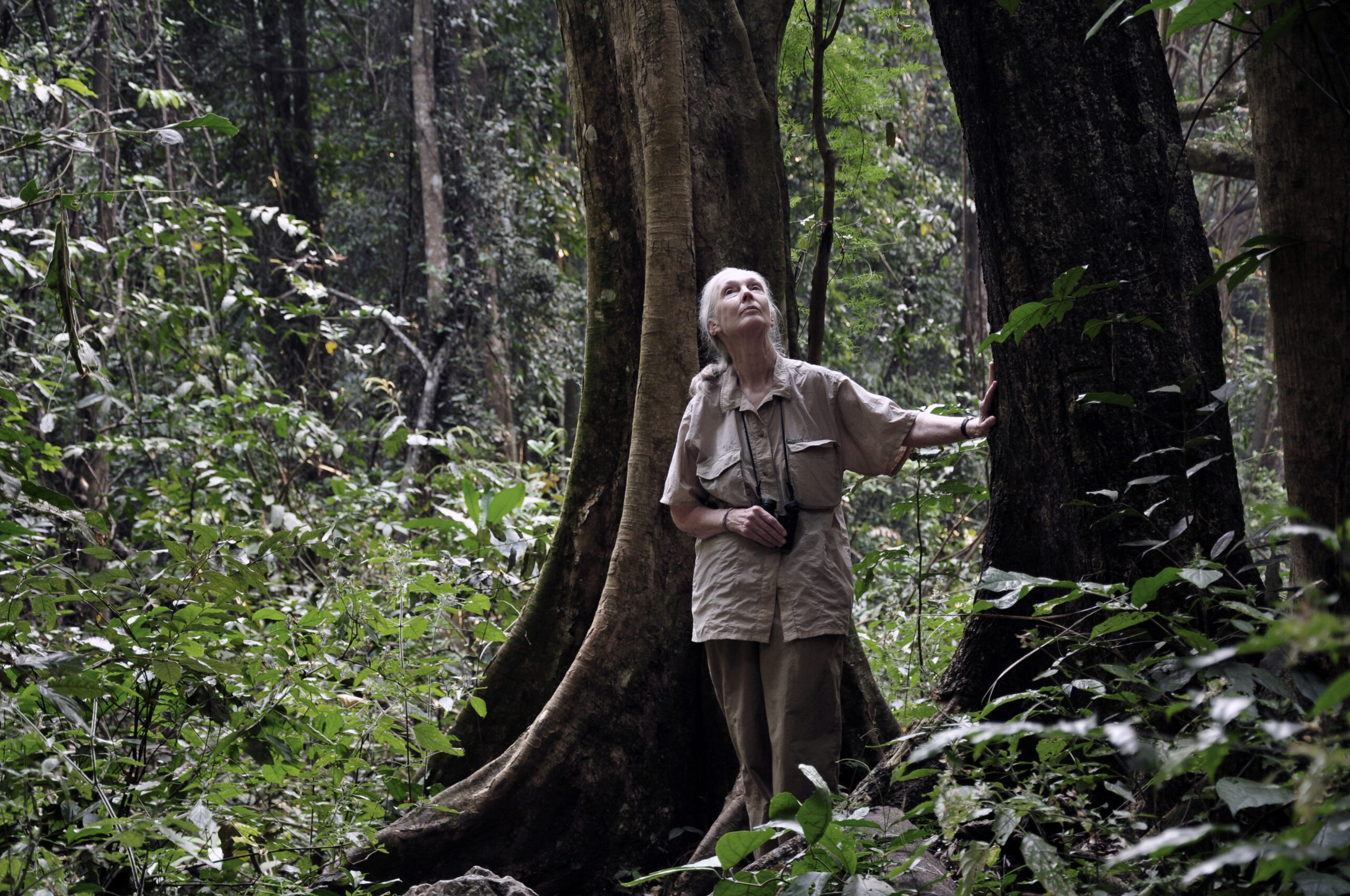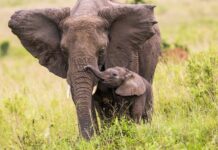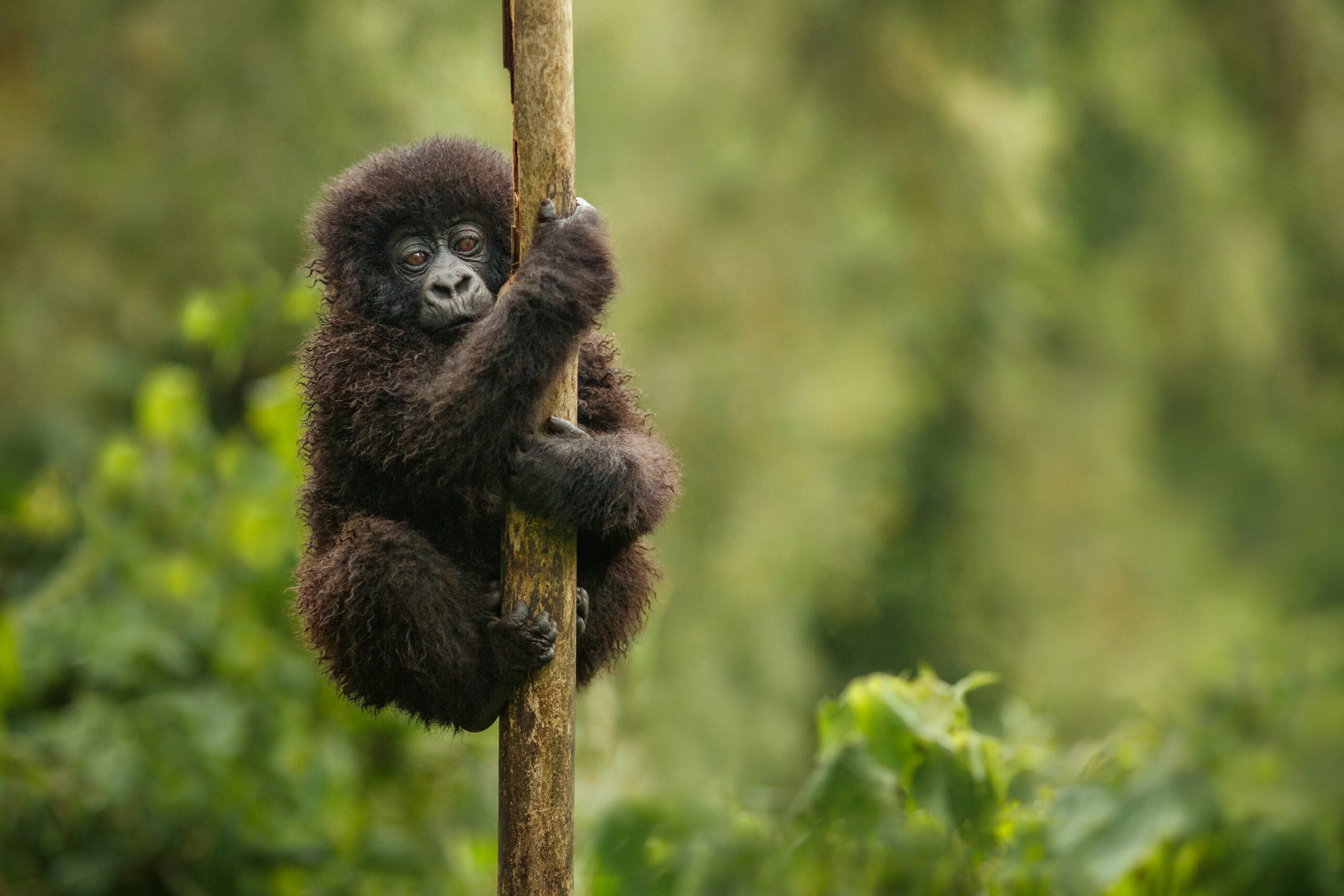
Dr. Jane Goodall’s remarkable life and legacy are a testament to the power of curiosity, empathy, and perseverance. Her groundbreaking work with chimpanzees at Gombe Stream National Park not only redefined primatology but also reshaped humanity’s understanding of itself. By examining her character traits and accomplishments, we can uncover practical ways to cultivate these qualities in ourselves.
The Traits Behind Her Success
- Curiosity and Open-Mindedness: From observing hens laying eggs as a child to immersing herself in the chimpanzees’ world, Goodall’s insatiable curiosity drove her to challenge conventional wisdom. She approached her research with an open mind, allowing her to make discoveries that others had overlooked, such as chimpanzees using tools—a behavior previously thought uniquely human[1][2].
- Empathy and Connection: Goodall’s decision to name chimpanzees rather than assigning numbers reflected her deep empathy for animals as individuals with personalities[3]. This emotional connection allowed her to observe behaviors like compassion and mourning in chimpanzee communities, further bridging the gap between humans and animals[1][4].
- Resilience and Courage: At 26, she defied skeptics who doubted her ability to survive alone in the African bush[5]. Her resilience enabled her to endure years of isolation and challenges while conducting the longest continuous field study of any living creature[5].
- Storytelling and Advocacy: Beyond research, Goodall’s ability to communicate science through storytelling has inspired millions. She believes that change happens when people are moved emotionally rather than overwhelmed by facts[6].
Cultivating These Traits
Neuroscientists and psychologists suggest practical ways to develop traits like curiosity, empathy, resilience, and effective communication.
- Foster Curiosity: Engage in activities that challenge your assumptions or expose you to new perspectives. Research shows that curiosity activates the brain’s reward system, enhancing learning and creativity. Journaling your observations or asking “why” questions about everyday phenomena can help build this habit[7][8].
- Practice Empathy: Empathy can be cultivated through mindfulness exercises or reflecting on others’ emotions. Mirror neurons in the brain play a role in understanding others’ experiences; actively listening or imagining yourself in someone else’s position strengthens these pathways[4][8].
- Build Resilience: Resilience is developed through facing challenges with a growth mindset. Techniques like cognitive reframing—viewing setbacks as opportunities for learning—can help reinforce neural pathways associated with perseverance[7][5].
- Master Storytelling: To inspire change like Goodall does, practice storytelling by connecting facts with emotions. Neuroscience shows that stories activate multiple brain regions, making information memorable and impactful[6][8]. Share personal anecdotes or frame scientific findings in relatable narratives to engage others effectively.

Celebrating Jane Goodall’s Legacy
We can embody her values by integrating these traits into our lives:
- Take Action: Volunteer for conservation projects or advocacy programs like Roots & Shoots.
- Stay Curious: Explore new fields of knowledge or immerse yourself in nature to deepen your understanding of the world around you.
- Be Compassionate: Extend empathy toward both people and animals, recognizing their individuality and interconnectedness.
- Tell Stories: Share your experiences or insights in ways that resonate emotionally with others, inspiring them to act for a better future.
Jane Goodall reminds us that change begins within—through curiosity, empathy, resilience, and storytelling—and ripples outward into the world.
- https://janegoodall.org/our-story/our-legacy-of-science/
- https://study.com/academy/lesson/jane-goodall-biography-books-scientific-accomplishments.html
- https://en.wikipedia.org/wiki/Jane_Goodall
- https://www.psychologytoday.com/au/blog/animal-emotions/201710/chimpanzee-personalities-jane-goodall-redux
- https://achievement.org/achiever/jane-goodall/
- https://www.vox.com/future-perfect/22585935/jane-goodall-chimpanzees-animal-intelligence-human-nature
- https://www.truity.com/blog/what-are-jane-goodalls-myers-briggs-and-enneagram-personality-types
- https://onbeing.org/programs/jane-goodall-what-it-means-to-be-human/

















